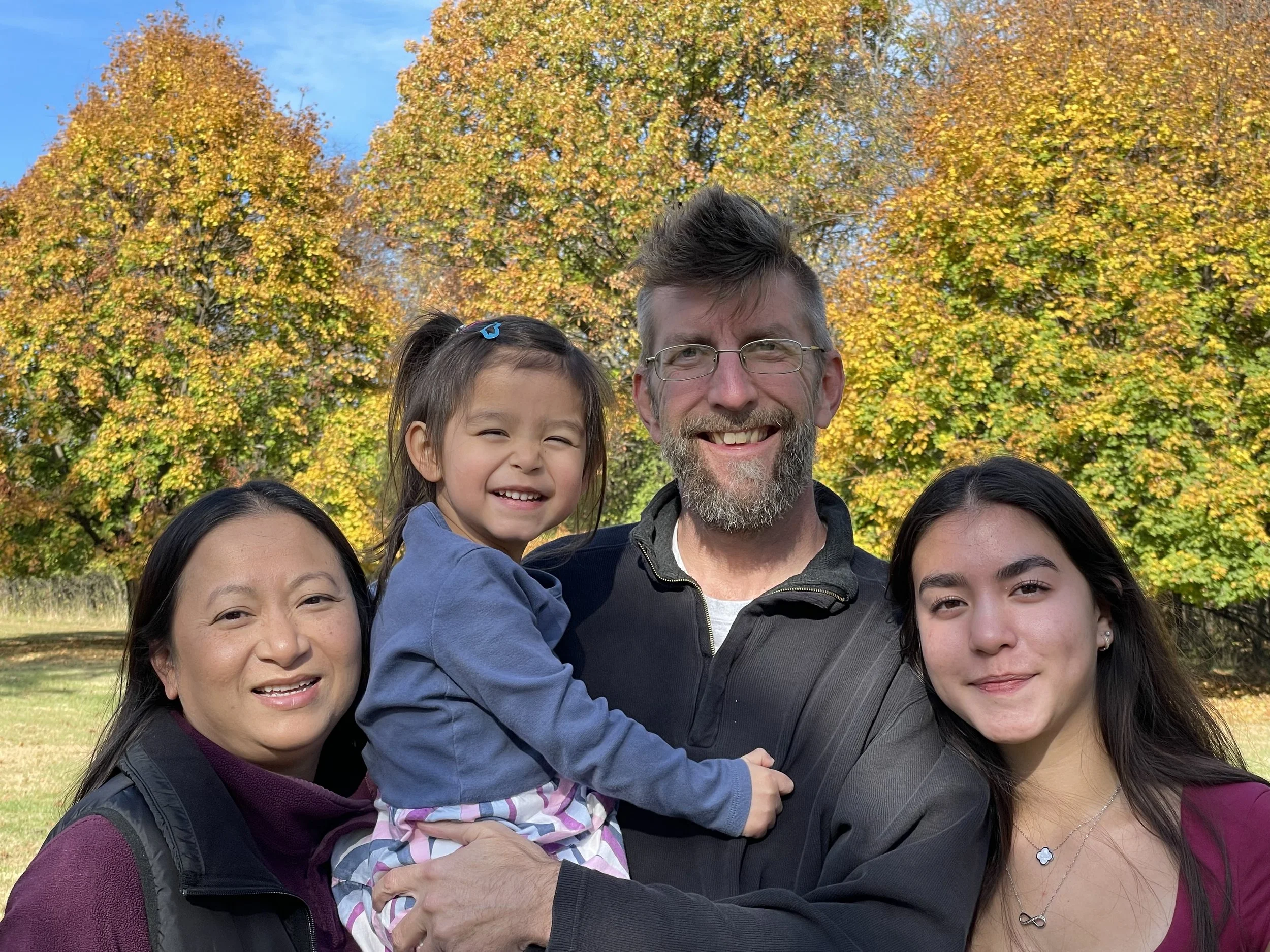Help Jonathan Live
Become a kidney donor
Who We’re Fighting For
Jonathan is a proud husband, a devoted father of two amazing girls, and a long-time Chicagoan. What matters most to him is being there — for his daughters, his wife, his Aikido students, and the everyday joys that make life meaningful.
Jonathan is also a dedicated physical therapist, someone who has spent his career helping others heal and regain strength. He’s built his life around caring for people — in his work, in his home, and in his community.
Jonathan has been living with Polycystic Kidney Disease (PKD) for many years — a genetic condition that slowly causes the kidneys to fail. After years of managing his health, he’s now facing kidney failure. A living donor is his best and fastest hope for survival.
Despite being an only child, Jonathan has turned to those closest to him — family and friends — in search of a donor. Sadly, those who were able to be tested were either not a match or unable to donate due to medical reasons. That’s why we’re reaching beyond his immediate circle and asking for help from compassionate people like you.
With your help, he can keep doing what he loves — being a dad, a partner, a teacher in the dojo, and helping others heal through his work as a physical therapist.
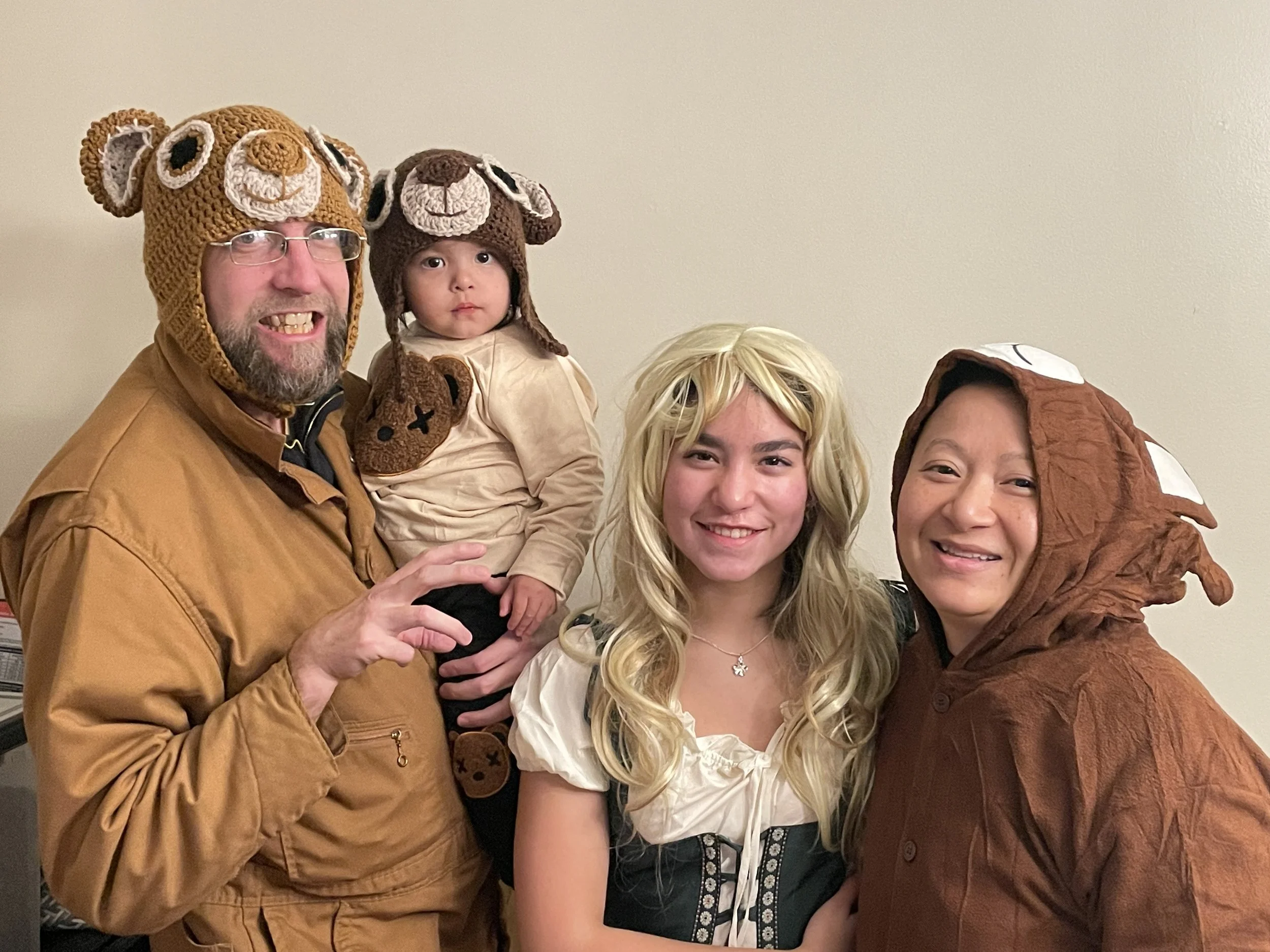
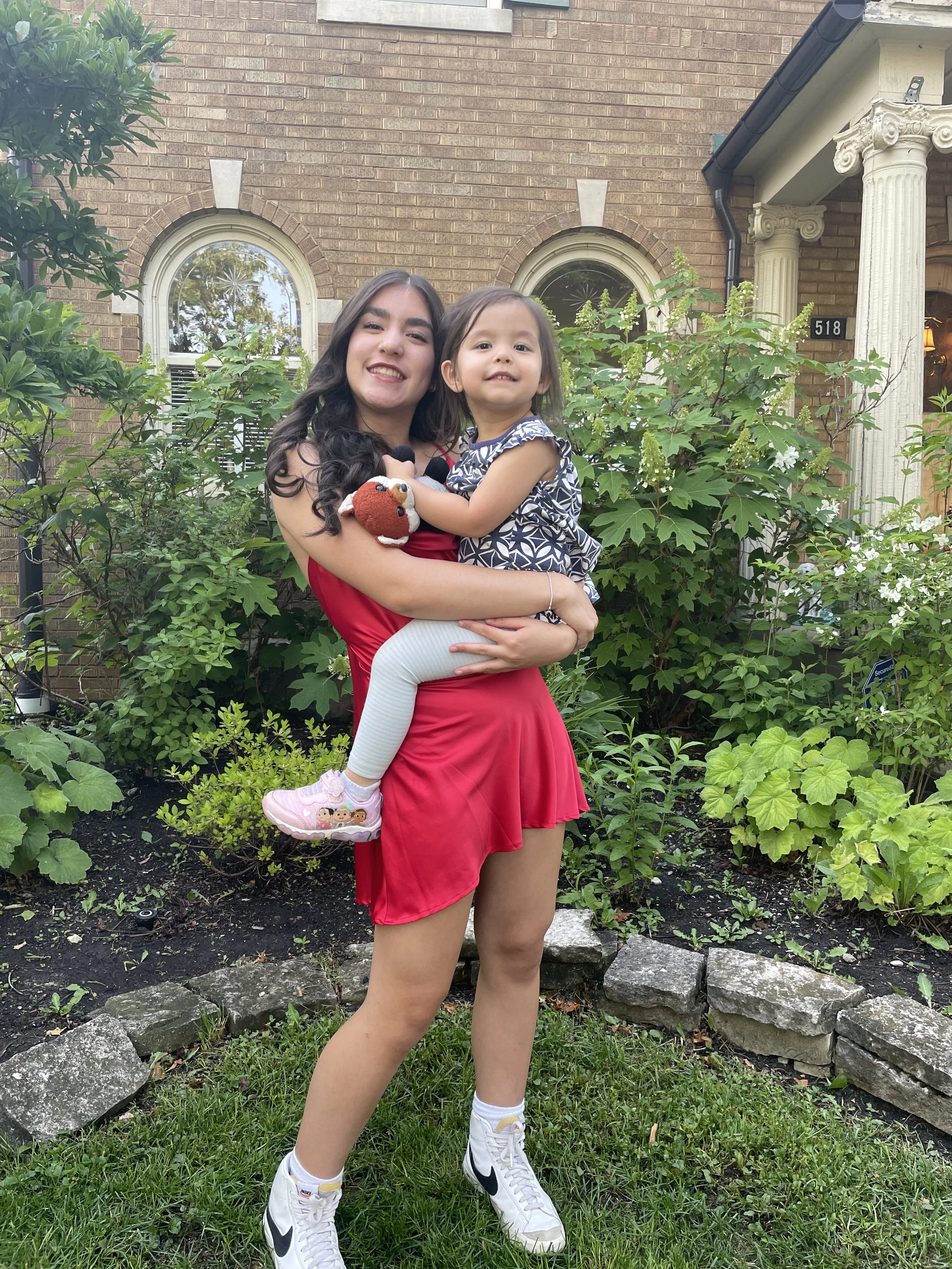
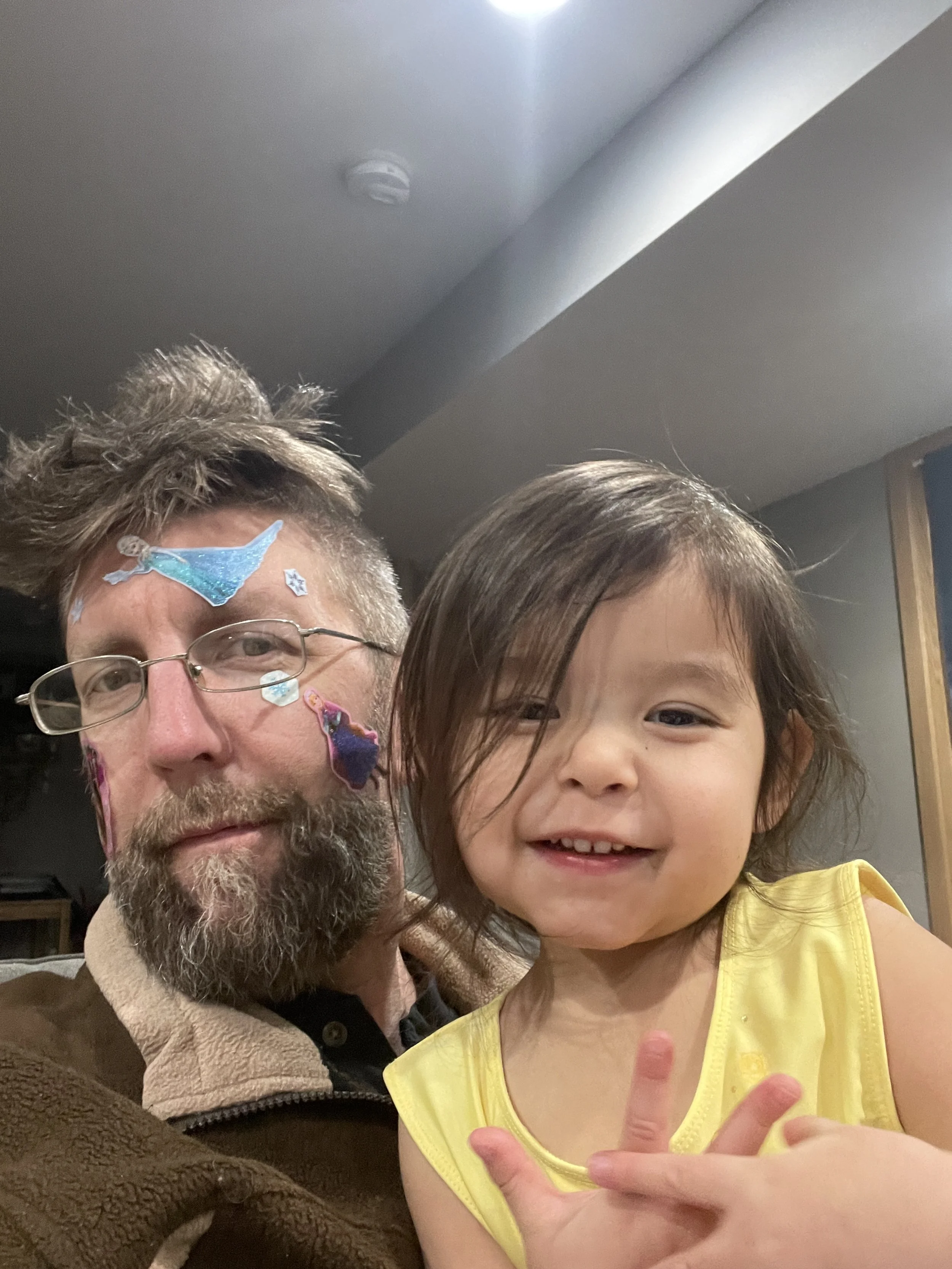
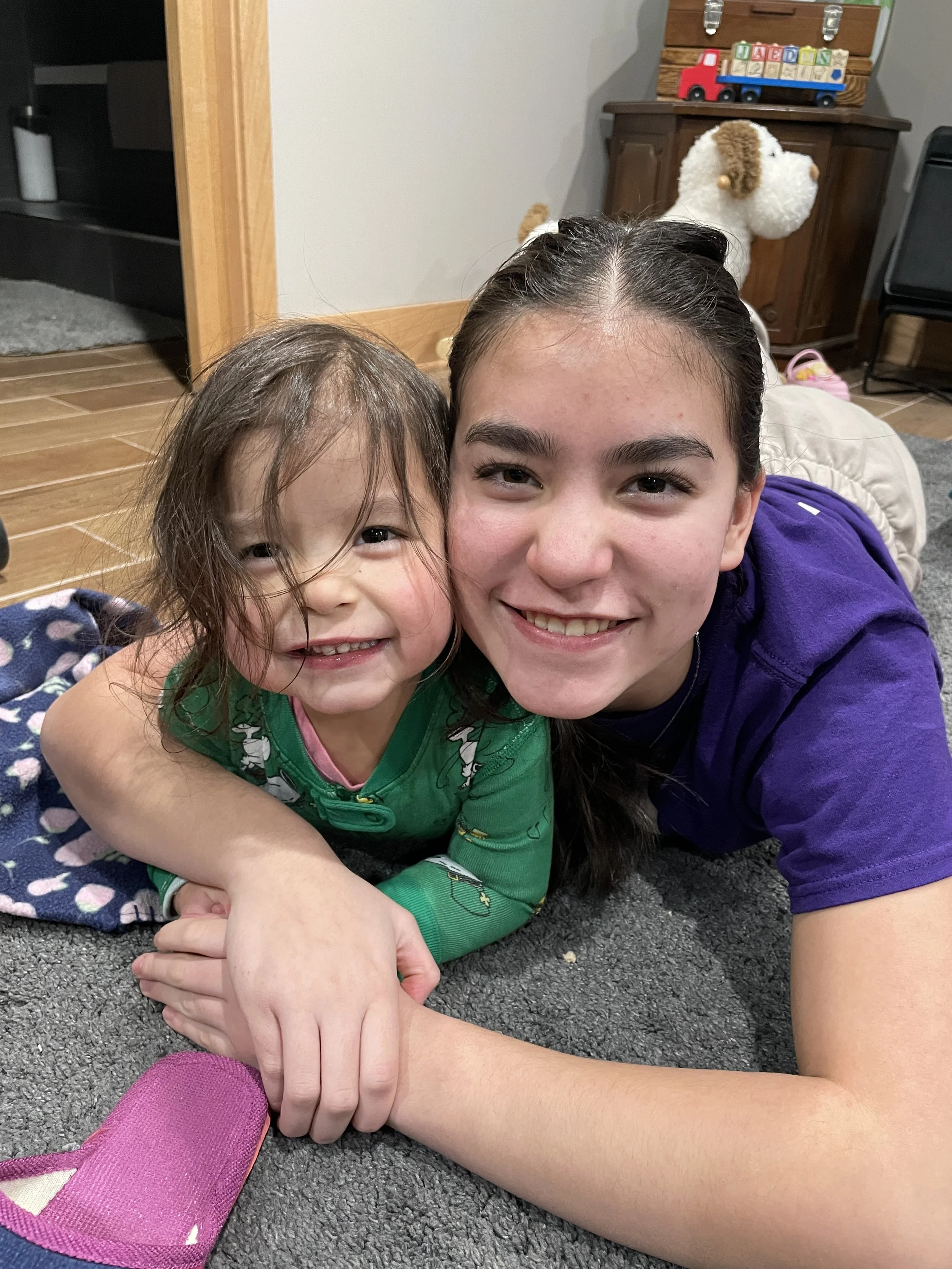
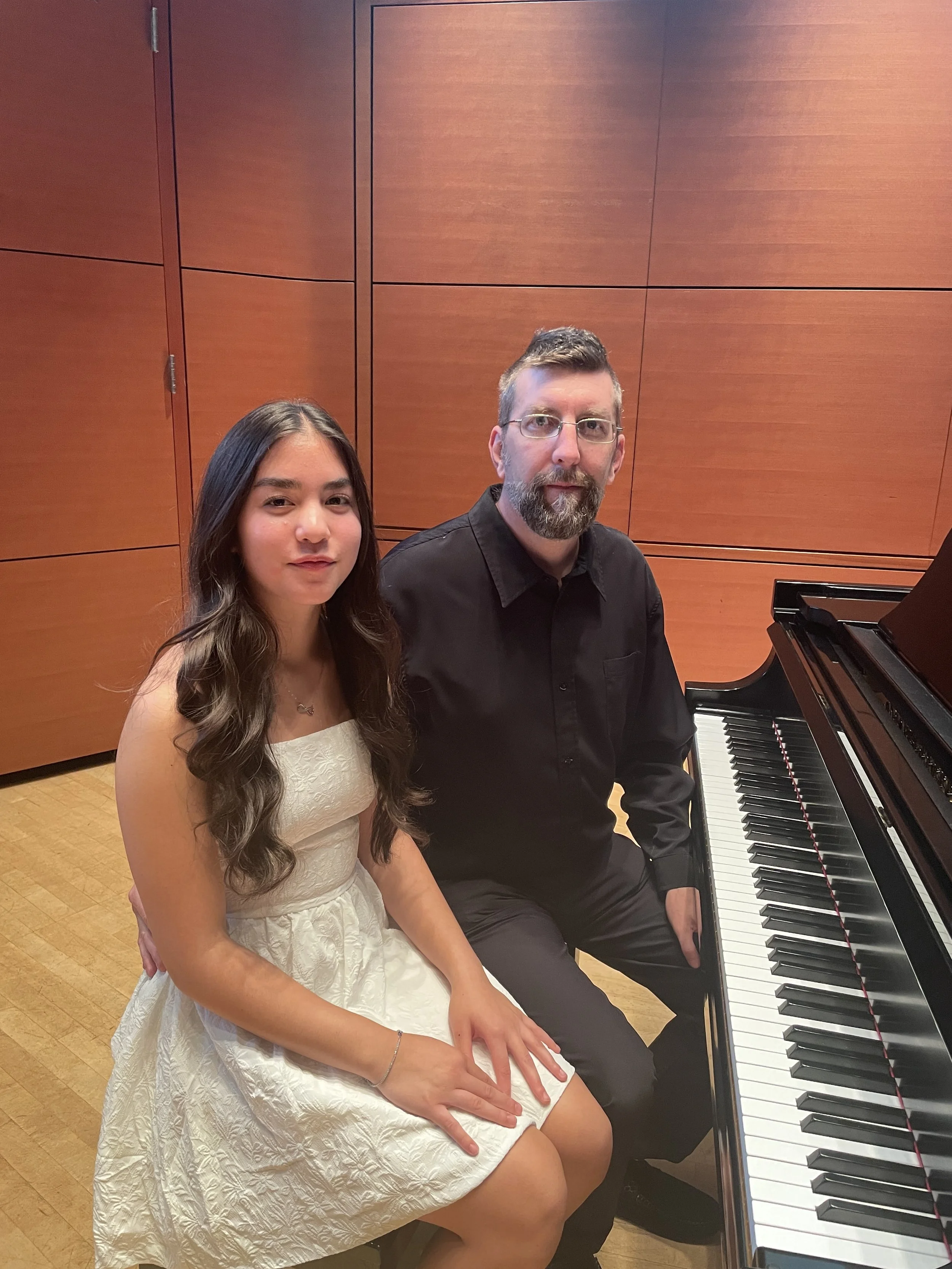
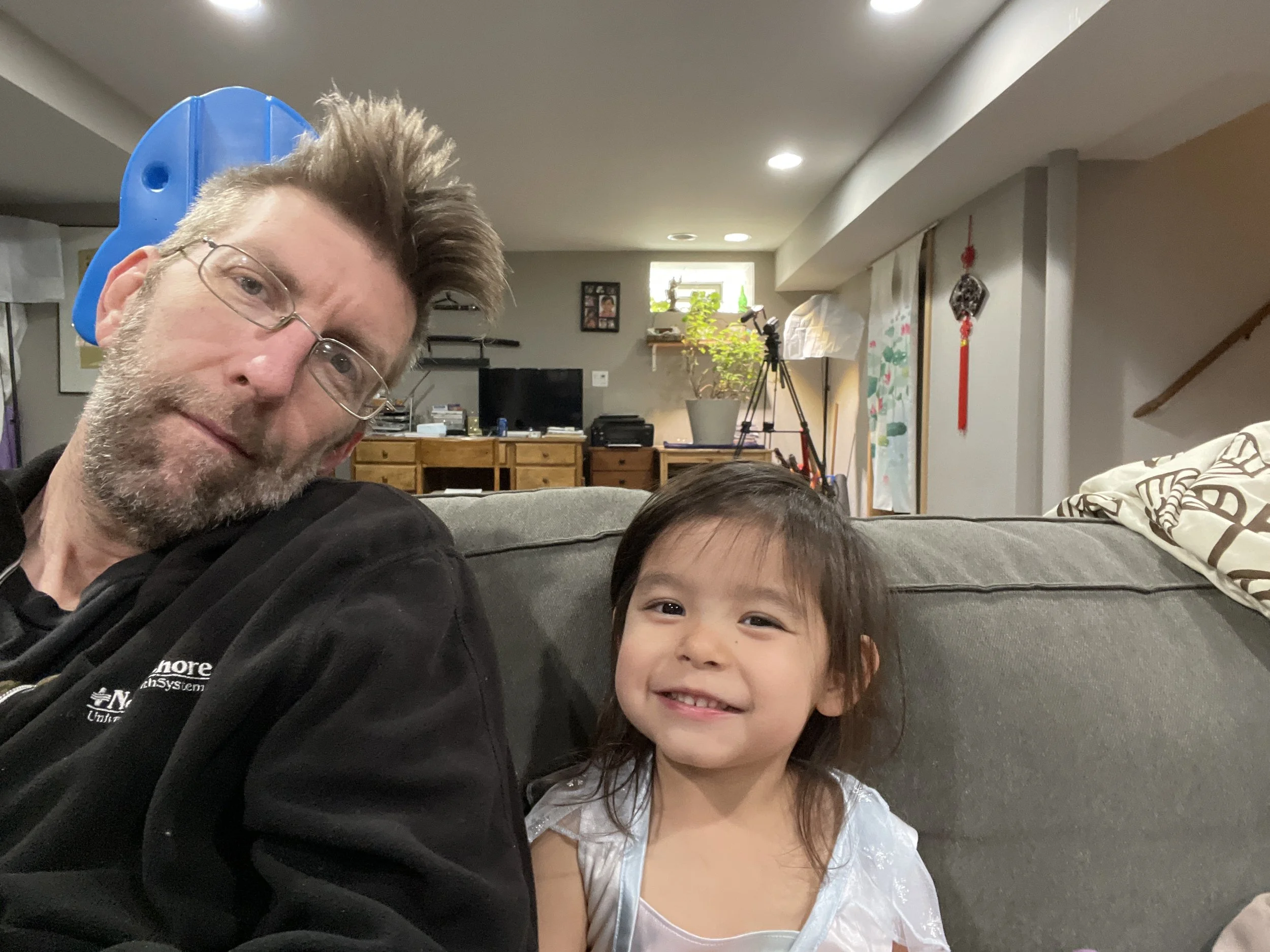


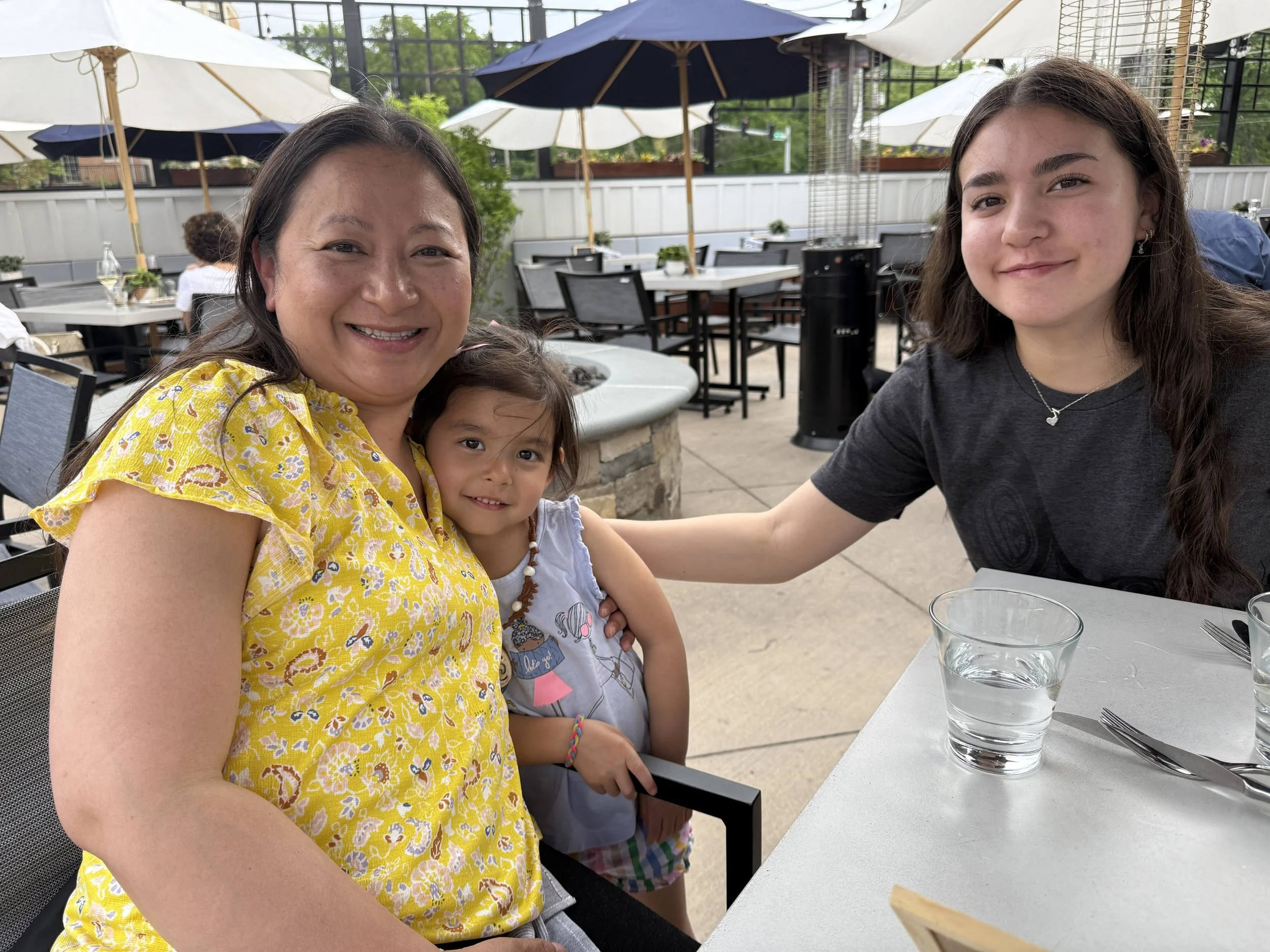

FAQs
-
Living kidney donation is a well-established procedure with excellent outcomes for donors. Donors go on to live healthy, active lives with one kidney and receive thorough medical evaluations and follow-up care.
-
Living kidney donation is when a healthy person donates one of their kidneys to someone in need. Most people have two kidneys but only need one to live a healthy, full life.
-
Jonathan is living with Polycystic Kidney Disease (PKD), which is causing his kidneys to fail. The average wait time for a kidney from a deceased donor in Illinois is 7 years — and Jonathan doesn’t have that long. A living donor gives him the best chance at a faster transplant and a healthier future.
-
Not necessarily. A donor doesn’t need to be a relative — many living donors are friends or even strangers. And if you're not a direct match, there are programs like paired kidney exchange that can still help Jonathan get a kidney.
-
A paired kidney exchange — also called a kidney swap — is an option if you're healthy and willing to donate, but not a match for Jonathan.
Here’s how it works:
You’re paired with another recipient and donor in the same situation. You donate your kidney to someone you are a match for, and in return, their donor gives a kidney to Jonathan. It’s all arranged through a national program, and it allows multiple lives to be saved through one generous act.You can still help Jonathan, even if you’re not a direct match.
Paired kidney exchange is truly amazing because it turns the barrier of donor–recipient incompatibility into a bridge for saving lives—a willing donor can give to someone else so each recipient receives a better-matched kidney, improving outcomes and longevity. What's more, you could be the crucial "missing link" that completes a transplant chain, sparking a domino effect where a single gift leads to multiple lives saved, not just one .
-
It starts with a simple, confidential health questionnaire through the transplant center. If you're a potential match, they’ll guide you through the next steps with full support and medical care.
-
No. All medical expenses related to the donation are covered by Jonathan’s insurance. Additional support is available for travel or lost wages during recovery.
Be the one who saves his life
It only takes one person to say yes — one person to be the reason Jonathan gets to walk his daughters down the aisle, coach his girl’s team, or grow old with his wife.
Become a living donor.
